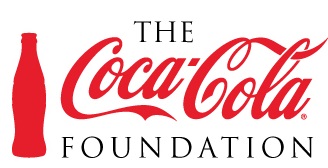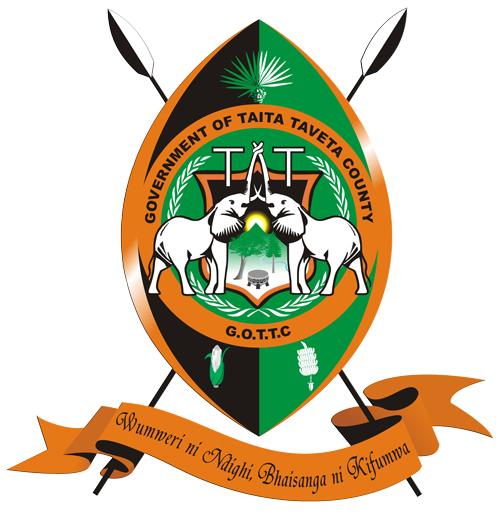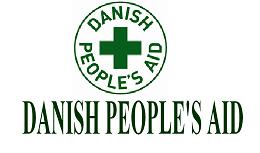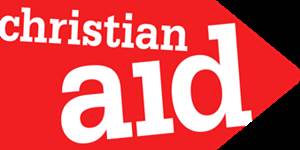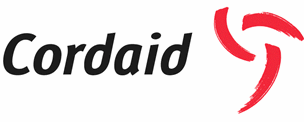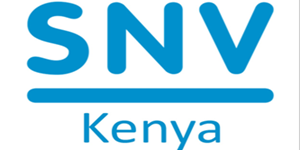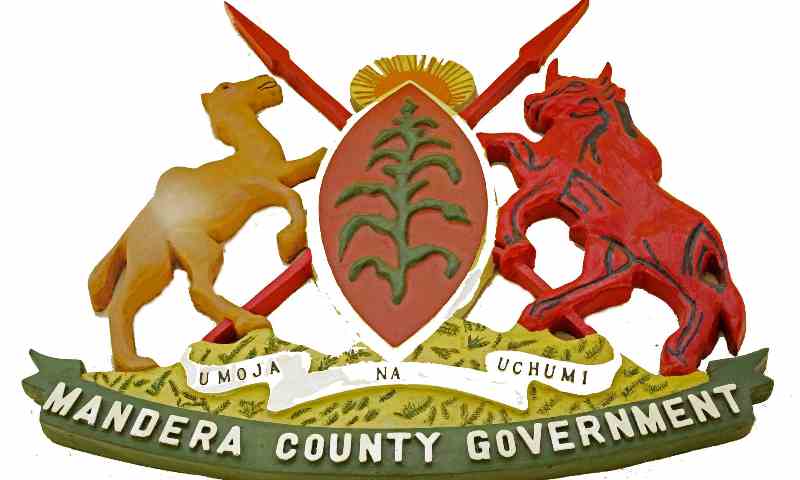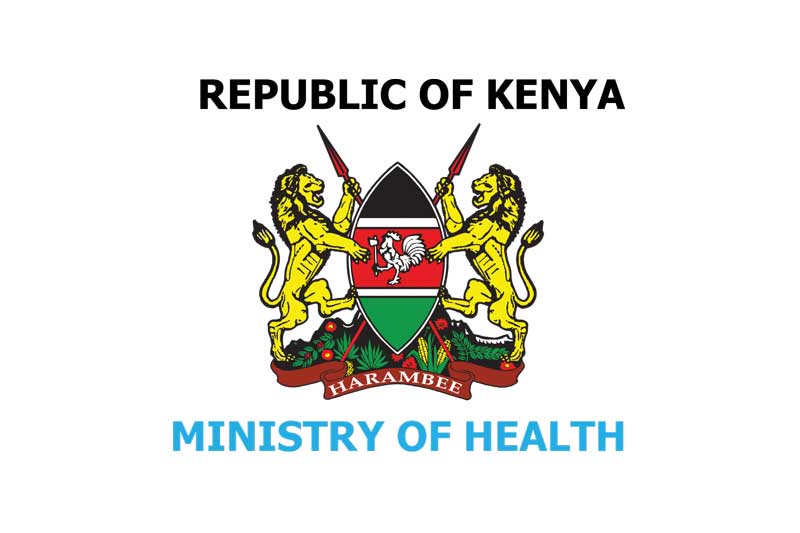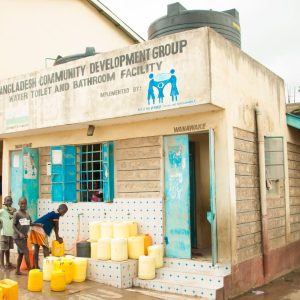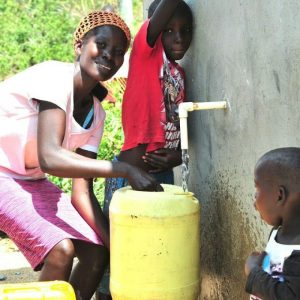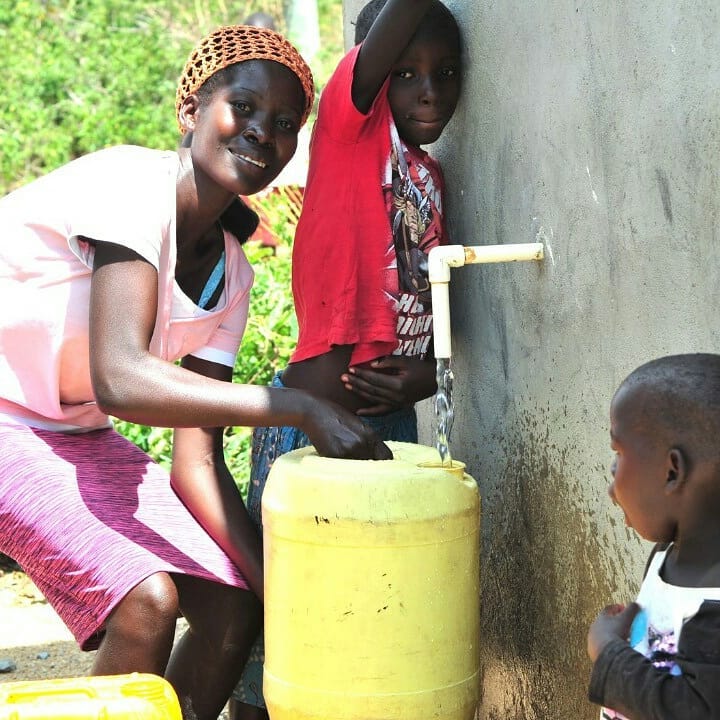Urban WASH
We all dream of a world where everyone has access to clean and sanitation facilities, don’t we?
But how often do we take a step towards making that dream a reality? Today, I’m going to introduce you to an organization that’s doing just that.
n many informal settlements across the globe, poor sanitation is a harsh reality. Did you know that as per the United Nations, 2.2 billion people around the world do not have safely managed drinking water services? And 4.2 billion people do not have safely managed sanitation services?
These numbers are staggering, aren’t they?

